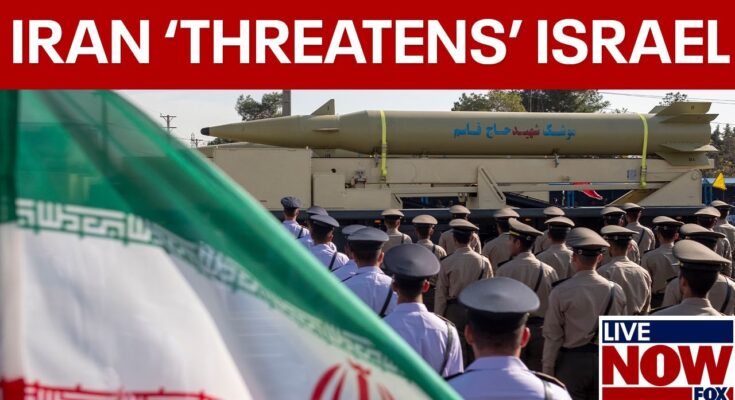Iran’s Supreme Leader ‘Threatens’ Israel After Attack
In a recent development, Iran’s Supreme Leader has issued a strong warning to Israel following an attack on its nuclear facility. The attack, which has been attributed to Israel, has raised tensions in the region and sparked concerns about the possibility of retaliation.
The Attack on Iran’s Nuclear Facility
On Sunday, a major explosion occurred at Iran’s Natanz nuclear facility. The incident, which caused significant damage to the site, has been described as an act of sabotage. While Israel has not officially claimed responsibility for the attack, Israeli media outlets have reported that the country’s intelligence agency was behind the operation.
The attack comes at a critical time in negotiations between Iran and world powers over the future of the Iranian nuclear program. The incident has further complicated the already fragile talks and has raised fears of a potential escalation in tensions between Iran and Israel.
Iran’s Supreme Leader’s Response
In response to the attack, Iran’s Supreme Leader, Ayatollah Ali Khamenei, has issued a stern warning to Israel. In a statement released on Monday, Khamenei condemned the attack as a “dangerous escalation” and vowed that Iran would “take revenge” for the incident.
The Supreme Leader’s comments have been met with mixed reactions, with some experts warning that his rhetoric could further inflame tensions in the region. However, others have noted that Khamenei’s response is in line with Iran’s long-standing policy of not backing down in the face of external threats.
Implications for the Region
The attack on the Natanz nuclear facility and Iran’s response have significant implications for the region. The incident has once again highlighted the deep-seated animosity between Iran and Israel and has raised concerns about the potential for further violence.
The attack has also thrown a wrench into ongoing efforts to revive the Iran nuclear deal. The Biden administration has been working to reengage with Iran and other world powers in an attempt to salvage the agreement, which was abandoned by the Trump administration in 2018. However, the recent attack has complicated these efforts and could derail the negotiations.
Conclusion
The recent attack on Iran’s Natanz nuclear facility and the Supreme Leader’s subsequent threats against Israel have once again brought tensions in the region to a boiling point. The incident has underscored the precarious nature of the situation and has raised fears about the potential for further violence.
As the international community grapples with the fallout from the attack, it is clear that a delicate balancing act will be required to prevent the situation from spiraling out of control. With both Iran and Israel taking a hardline stance, the prospects for a peaceful resolution appear increasingly uncertain.



